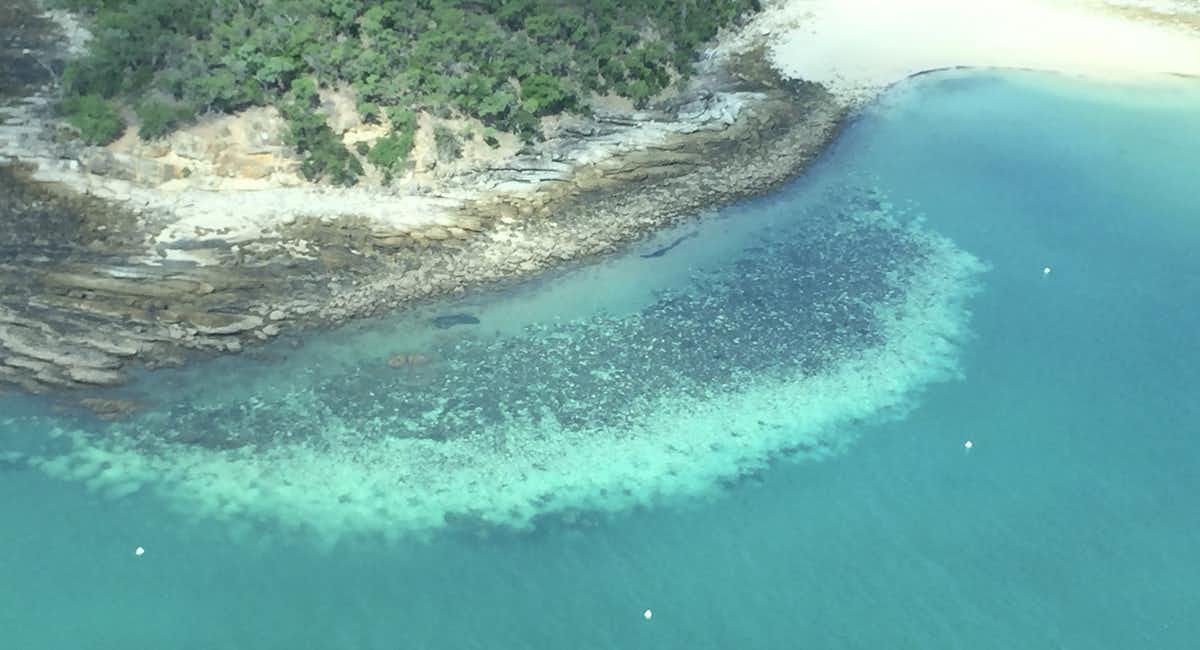by Ainsley Ash
MAIN PHOTO: Coral bleaching occurs when the coral turns white as a stress response to warm water temperatures. The effect is visible in this photo of coral in Keppel Bay, on Australia’s Great Barrier Reef. (Arc Centre for Excellence in Coral Reef Studies)
Australia’s Great Barrier Reef has just experienced its most massive coral bleaching event on record, according to a new study.
Four mass bleaching events have occured in the area previously – in 1998, 2002, 2016 and in 2017
The scientists from the ARC Centre for Excellence in Coral Reef Studies who conducted the research noted that while the 2016 and 2017 bleaching events were severe, they were concentrated in a relatively small area. The 2020 bleaching event, however, has struck all three regions of the reef – northern, central, and for the first-time, southern sections.
Coral bleaching occurs when the corals turn white as a stress response to warm water temperatures. While the bleaching does not immediately kill the coral, sustained high temperatures could lead to permanent death of the reefs which are living organisms made up of thousands of small creatures called polyps who live symbiotically in a marine community.
Of the five events so far, only two, 1998 and 2016, were associated with El Niño – a climate phenomenon that can increase the chances of extreme weather patterns. Higher average summer temperatures due to climate change could mean that El Niño is no longer necessary to trigger these events, according to scientists.
As the bleaching events occur closer and closer together, the coral has less time to recover fully.
This year in February, the reef experienced the highest monthly sea surface temperatures ever recorded by the Australian Bureau of Meteorology. The unprecedented temperatures continued into March, prompting extensive coral bleaching warnings.
In the weeks following the record breaking temperatures, Terry Hughes, Director of the ARC Centre for Excellence in Coral Reef Studies, and a team from the Great Barrier Marine Park Authority conducted an aerial survey of the over 1,000 reefs. What Hughes saw, he said, is an ‘utter tragedy’.
In an article published by The Conversation, Hughes writes, “The Great Barrier Reef will continue to lose corals from heat stress, until global emissions of greenhouse gasses are reduced to net zero, and sea temperatures stabilise.”
Scientists have warned that the loss of the Great Barrier Reef would have severe consequences for the marine life that depends on it, creating even greater threats to the Earth’s dwindling biodiversity. The reef is home to more than 1,500 species of fish and 400 types of hard coral.
Without urgent action to reduce greenhouse gas emissions, coral reefs would not survive, said Hughes.




